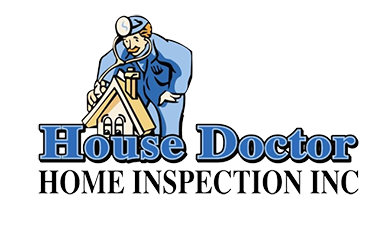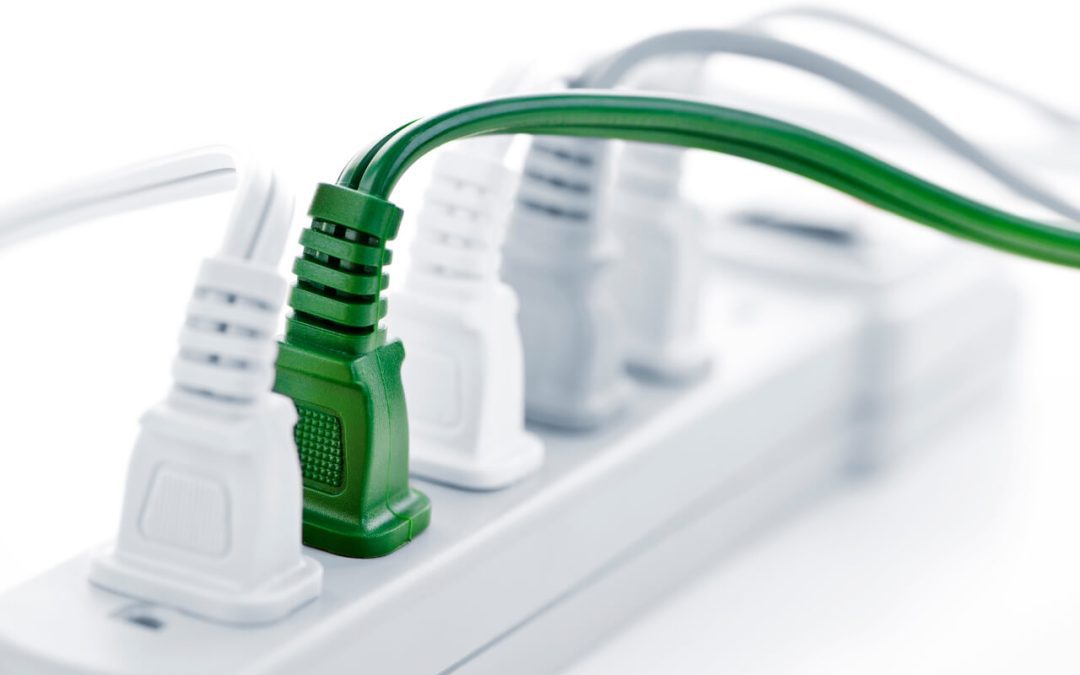In the hustle and bustle of everyday life, it’s easy to overlook one of the most critical aspects of our homes: electrical safety. From powering our appliances to providing lighting, electricity is an indispensable part of modern living. However, it also poses potential hazards if not handled with care. In this blog post, we’ll delve into the importance of electrical safety in the home and provide practical tips to protect your family and property.
Understanding the Risks
Electricity, while incredibly useful, can be dangerous if mishandled. Common electrical hazards in the home include:
- Electrical fires: Faulty wiring, overloaded circuits, and damaged electrical appliances can lead to fires.
- Electrocution: Direct contact with live electrical currents can result in severe injuries or even death.
- Appliance malfunctions: Aging or poorly maintained appliances may malfunction, increasing the risk of electrical hazards.
Tips for Ensuring Electrical Safety
1. Regular Inspections:
Schedule regular inspections of your home’s electrical system by a qualified electrician. This includes checking wiring, outlets, and circuit breakers for any signs of wear or damage.
2. Use Ground Fault Circuit Interrupters (GFCIs):
Install GFCIs in areas where water is present, such as kitchens, bathrooms, and outdoor outlets. These devices can quickly detect electrical faults and cut off power to prevent shocks.
3. Avoid Overloading Circuits:
Be mindful of the number of appliances plugged into a single outlet. Overloading circuits can lead to overheating and fires. Distribute electrical loads evenly across multiple outlets.
4. Proper Cord Management:
Avoid running cords under carpets or rugs where they can become damaged. Use extension cords only temporarily and never as a permanent solution. Invest in power strips with built-in surge protection to safeguard valuable electronics.
5. Childproof Outlets:
Install tamper-resistant receptacles (TRRs) to prevent children from inserting objects into outlets, reducing the risk of electrical shocks.
6. Handle Appliances with Care:
Regularly inspect cords and plugs for fraying or damage. Never operate appliances with wet hands, and unplug them when not in use.
7. Educate Family Members:
Teach everyone in your household about the importance of electrical safety. Emphasize the dangers of playing with electrical outlets or cords.
Electrical safety is not something to be taken lightly. By implementing the tips outlined in this post and remaining vigilant about potential hazards, you can significantly reduce the risk of electrical accidents in your home. Remember, prioritizing safety today can prevent disasters tomorrow. Stay informed, stay safe, and enjoy the comfort and convenience of electricity responsibly.
Electrical Safety FAQ
What should I do if someone receives an electric shock?
If someone receives an electric shock, immediately turn off the power to the source if it is safe to do so, call for emergency medical assistance, and do not touch the person until the power is off to avoid becoming a secondary victim.
What are the risks associated with DIY electrical work?
DIY electrical work can pose serious risks, including electric shock, fires, and property damage. People may inadvertently create hazardous conditions or violate electrical codes without proper training and knowledge.
How can I safely perform electrical maintenance in my home?
Safely perform electrical maintenance by turning off power at the circuit breaker or fuse box before starting any work, using insulated tools, testing wires for live voltage, and consulting a qualified electrician for complex tasks.
What should I do in the event of an electrical fire?
In the event of an electrical fire, immediately cut off power to the affected area if safe to do so, use a Class C fire extinguisher or baking soda to extinguish the fire (never use water on electrical fires), and evacuate the area if the fire cannot be quickly controlled.
House Doctor Home Inspection provides professional inspection services to homebuyers and sellers in Rhode Island. Contact us to request an appointment.

